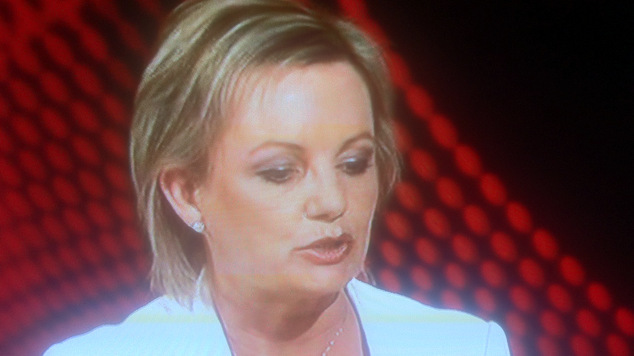 Sussan Ley, the Assistant Minister for Education has defended her opposition to marriage equality by saying that people in rural Australia are not yet ready for it.
Sussan Ley, the Assistant Minister for Education has defended her opposition to marriage equality by saying that people in rural Australia are not yet ready for it.
Speaking on the ABC program ‘Q&A’ last night Ms Ley defended her opposition to gay marriage saying that it rarely came up in her electorate.
“Look, I think that it’s an idea whose time hasn’t quite come in the area of rural Australia and regional Australia that I represent. It’s a question that gets raised with me very rarely. I know it takes up a lot of bandwidth in public discourse.
Ms Ley represents the rural seat of Farrer in rural New South Wales an area which includes the towns of Albury, Broken Hill, Deniliquin and Jerilderie.
The Assistant Minister said her children pressured her to change her stance and that she had been glad to see a reduction in discrimination against gay people in the education area.
“My 20-something children are quite relaxed about it and they say, ‘Come on, mum. Get over the line.’ Well, two out of three of them do. Some people are concerned about some aspects and the fact that because marriage is defined as being between a man and a woman, does it matter that civil unions with gay people are not described as marriage? And I am just so pleased that, over the years, I’ve seen a lessening of discrimination, particularly in schools, particularly with young people struggling with their identity.
“I know that’s not a great answer but it reflects some of the – the feelings that I have and the different messages that come to me every day from the different parts of Australia.
Ms Ley gave her response as part of a discussion on whether nuclear families were the best. The Assistant Minister said she would never say that nuclear families were the best, acknowledging that modern families have great diversity. The minister said the most important ingredient in any family was an adults love for the child. This lead to an audience member querying why she was opposed to marriage equality.
Ms Ley previously voted against marriage equality in the parliament.
OIP Staff




